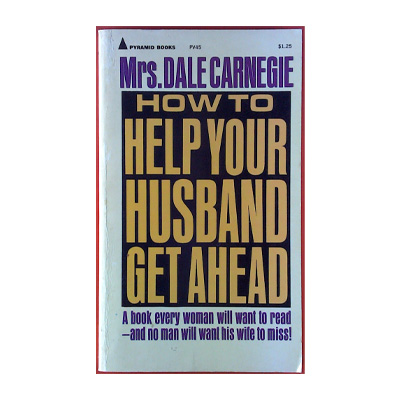Book Summary
"Still Me" is another work by Jojo Moyes that quickly became a bestseller upon its release. Like Moyes' previous works in the "Me Before You" trilogy, the main character of the story is Louisa Clark, who has now moved to New York and is experiencing significant changes in her life. Leonard Gopnik and his much younger second wife, Agnes, lead a very comfortable life and are considered part of the upper-income class.
Leonard, a millionaire in New York, introduces Louisa to new experiences that are both exciting and unfamiliar. Despite the physical distance between Louisa and Sam, their relationship remains strong due to the efforts of both parties, and Louisa strives to keep this connection vibrant as before. Motivated and busy with work, Louisa plans to enjoy the days ahead while getting to know Joshua Ryan, with whom she finds some similarities to Will Traynor that occupy her thoughts. Now, Louisa questions who she really is and whether she should truly follow her heart.
Moyes, through the questions posed by her main character, encourages readers to explore their inner selves and live in a way that creates noticeable differences from their past. The story is narrated with a humorous touch by its well-known author and has been described as delightful. Since its debut in 2018, it has remained on bestseller lists. Additionally, in some editions, the book is still titled "Still Me."
About the Author
Jojo Moyes is an English author born on August 4, 1969, in London. She has won the Romantic Novel of the Year Award twice. She studied at Royal Holloway, University of London, and New Bedford College of the same university. Moyes worked for ten years at The Independent newspaper and began writing novels full-time in 2002. Currently living on a farm with her journalist husband and three children, she has penned various stories, including "The Giver of Stars," "Honeymoon in Paris," "Silver Bay," "The Night Music," "The Horse Dancer," and "The Peacock Emporium."
Who Should Read the Book?
This book is recommended for those who wish to read a long romantic novel.
Book Quotes
"Sam, I love you. I don't want our relationship to fall apart for a moment. But I just said that to let you know how I react to someone expressing their feelings. But how do you behave? It seems like you don’t want to understand the main issue.
No, you called me at this time of night to tell me that if I read the book my colleague gave me, I'm doing something wrong and betraying you. But if you go out with your friends late at night, that's perfectly fine and shows your loyalty to me.
Sam, I wasn't feeling well; I thought you were cheating on me. You’re not okay because you're still caught up in that love that isn’t in this world anymore. You’re in New York now because she wanted you to be there. I don’t understand why you’re so jealous of Katie; it’s not an issue for you that I spend a lot of time with Donna.
The Gopnik family's residence was on the second and third floors of a Gothic-style brick building covering about 2,500 square feet; a duplex apartment in this part of New York that reflected the wealth of generations of the Gopnik family. According to Nathan Lowry, it was a small replica of a famous building called Dakota, one of the oldest complexes in the northeastern part of Manhattan. No one could buy or sell an apartment there without the approval of the residents' board, who were fiercely opposed to any changes. Meanwhile, the flashy residential complexes across the park housed new wealth like Russian oligarchs, pop music stars, Chinese steel tycoons, and billionaires in tech, along with ethnic restaurants, gyms, daycares, and large swimming pools, while the residents of the Lowry building preferred their old-fashioned ways.
These apartments had been passed down from generation to generation; the residents had learned to endure the plumbing system from the 1930s and had gone through long and tumultuous battles just to change something as simple as a light switch. As New York changed around them, they politely ignored it, just like someone ignoring a beggar holding a cardboard sign asking for help.
First, know yourself, and then love yourself based on that understanding.
As we headed directly toward the crew quarters, I glanced at the magnificent duplex apartment with hardwood floors, high ceilings, and gold-trimmed curtains that reached the floor. The crew quarters were at the far end of the second floor with a long, narrow hallway branching off from the kitchen that had unusually remained from times long past. Newer or renovated buildings didn’t have crew quarters: maids and nannies would come from New Jersey or Queens at dawn and return after dark. But the Gopnik family had these small rooms because their building was from an earlier era. Those rooms couldn’t be sold or renovated, but they were listed in the main building’s deed and were used as storage rooms. It wasn’t hard to understand why they were usually considered storage."






















